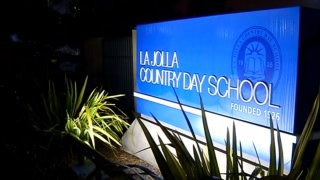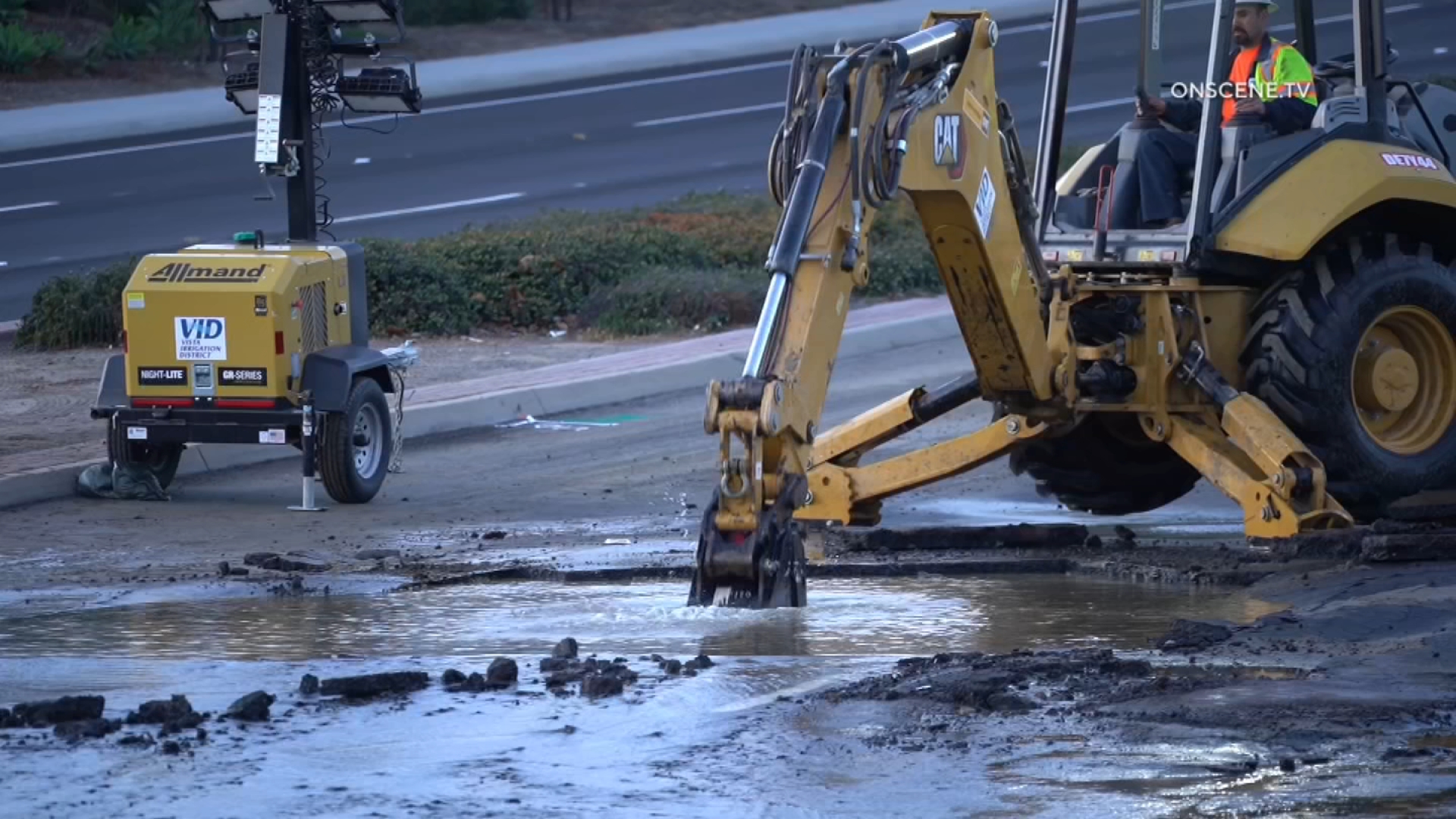
More than 40,000 businesses, organizations, and nonprofits in San Diego County received $1.4 billion in loans through the federal government’s Paycheck Protection Program (PPP).
Among them were some of San Diego County’s most expensive private schools.
On Friday, one of those schools, La Jolla Country Day, announced it was returning the money to the federal government.
“La Jolla Country Day School finds itself in the fortunate circumstance of exceeding its enrollment target,” reads a statement from Gary Krahn, Head of School at Country Day. “As a result, the school is returning the entire $4.4 million loan that the school received through the Paycheck Protection Program (PPP) intended to keep people employed during the pandemic.”
In his statement, Krahn commended school staff and administrators for adapting to and overcoming the challenges created by COVID-19. By doing so, said Krahn, the school no longer needed the money.
Added Krahn, “The PPP loan was designed to keep people employed and support those who provide the lifeblood of our nation’s future and spirit. LJCDS promised to manage the loan with the utmost integrity. Returning the loan allows the school to fulfill an essential component of its mission—social responsibility.”
But other local elite private schools were not able to do so.
The $4.4 million obtained by La Jolla Country Day was just under 20% of the overall $23.5 million that high-priced private schools received in PPP loans, as first reported by NBC 7 Investigates.
Other schools to receive the PPP loans were Francis Parker, San Diego Jewish Academy, Saint Augustine School of San Diego, Academy of Our Lady of Peace, Cathedral Catholic, Mater Dei, and Del Mar Pines.
In response to La Jolla Country Day’s decision to return the PPP money, NBC 7 Investigates contacted the other top private schools to see whether those other schools were able to follow suit.
In an email, Kevin Eckery, Vice Chancellor for the Roman Catholic Diocese of San Diego, said both Cathedral Catholic and Mater Dei used the PPP money to save jobs, which was the intent behind the PPP program.
“The diocese applied for PPP funds as did millions of other employers nationwide,” said Eckery. “As a result, hundreds of jobs at local Catholic schools were saved and nearly 14,000 students were able to continue their education without disruption.”
At the San Diego Jewish Academy, a spokesperson resent the statement the academy provided to NBC 7 Investigates in July which read: “San Diego Jewish Academy (SDJA) is using its PPP loan to maintain full employment of all staff— from faculty to aides to facilities to custodial— putting PPP funds toward eligible payroll, benefit and utilities expenses.”
The statement added that without the PPP loan, a number of employees would have lost their jobs.
“Unlike many other independent schools,” added the statement, “SDJA does not have a large endowment or cash reserves to absorb these losses. Thanks to the PPP loan funds we are able to remain on sound financial ground.”
Representatives from Francis Parker, Saint Augustine, Our Lady of Peace, and Del Mar Pines, did not respond to NBC 7’s questions in time for publication. This article will be updated if they respond.



